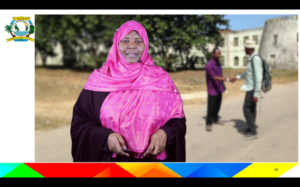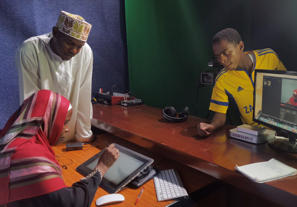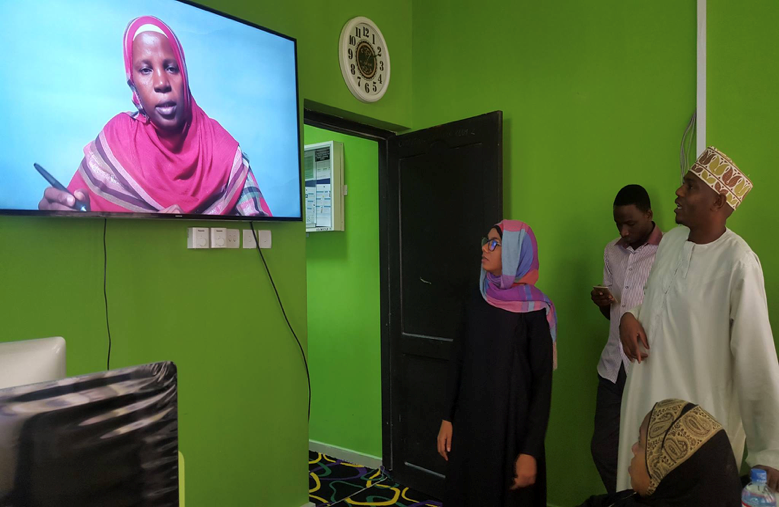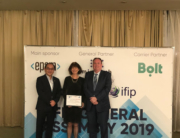Technology has played a big role on the way we communicate and learn. The availability of internet has provided many students with the opportunity to learn from the best at their own comfort wherever they might be. Massive Open Online Courses (MOOCs) allow diverse learners across the world to come together and build some sort of online community, which is an essential aspect of learning.
The State University of Zanzibar saw the importance of utilising the opportunities provided by the available technologies, leading Professor Idris Rai, the former VC of SUZA to initiate The Kiswahili MOOC (kMOOC).
 This idea was then implemented by the former Head of the Centre for Digital Learning, Umayra El-Nabahany with her colleague from the centre, Ramadhan Rai, and two lecturers from the Department of Kiswahili for Foreigners, Dr Zainab Iddi and Shani Khalfan. They have been providing the content for the kMOOC. The team has been collaborating with external experts from Otago University in New Zealand and University of Copenhagen in Denmark.
This idea was then implemented by the former Head of the Centre for Digital Learning, Umayra El-Nabahany with her colleague from the centre, Ramadhan Rai, and two lecturers from the Department of Kiswahili for Foreigners, Dr Zainab Iddi and Shani Khalfan. They have been providing the content for the kMOOC. The team has been collaborating with external experts from Otago University in New Zealand and University of Copenhagen in Denmark.
The kMOOC allows SUZA to offer the original version of the Kiswahili language since Zanzibar is where the language has its roots. Kiswahili is spoken by over 150 million people around the world and is one of the most widely-taught African languages, being taught in more than 100 US universities and colleges as well as universities in Europe, UK, Russia and across Asia. Additionally, considering the position of African languages continentally, the African Union (AU) and the East African Community (EAC) have both chosen Kiswahili as one of their official languages, making it one of the most broadcasted African languages.
 With the support of SUZA in implementing such initiatives, the kMOOC is expected to provide high quality Kiswahili lessons to students around the globe. For example, a kMOOC has the potential to create highly interactive knowledge, showcase the culture of people of Zanzibar and would give SUZA the opportunity to claim its social and linguistic position in the world. One aspect of SUZA’s vision is to be the center of excellence in teaching Kiswahili; one way to achieve this is through the kMOOC by offering Swahili lessons to those interested in learning Kiswahili around the world.
With the support of SUZA in implementing such initiatives, the kMOOC is expected to provide high quality Kiswahili lessons to students around the globe. For example, a kMOOC has the potential to create highly interactive knowledge, showcase the culture of people of Zanzibar and would give SUZA the opportunity to claim its social and linguistic position in the world. One aspect of SUZA’s vision is to be the center of excellence in teaching Kiswahili; one way to achieve this is through the kMOOC by offering Swahili lessons to those interested in learning Kiswahili around the world.
The kMOOC is still being reviewed before it will be available online. There have also been some challenges in the production of the kMOOC in areas such as infrastructure, availability of reliable internet and access to sufficient digital tools. Having said that, SUZA is quite positive about this initiave and has been addressing the challenges including improving the infrastructure and raising awareness as well as improving relevant policies.






